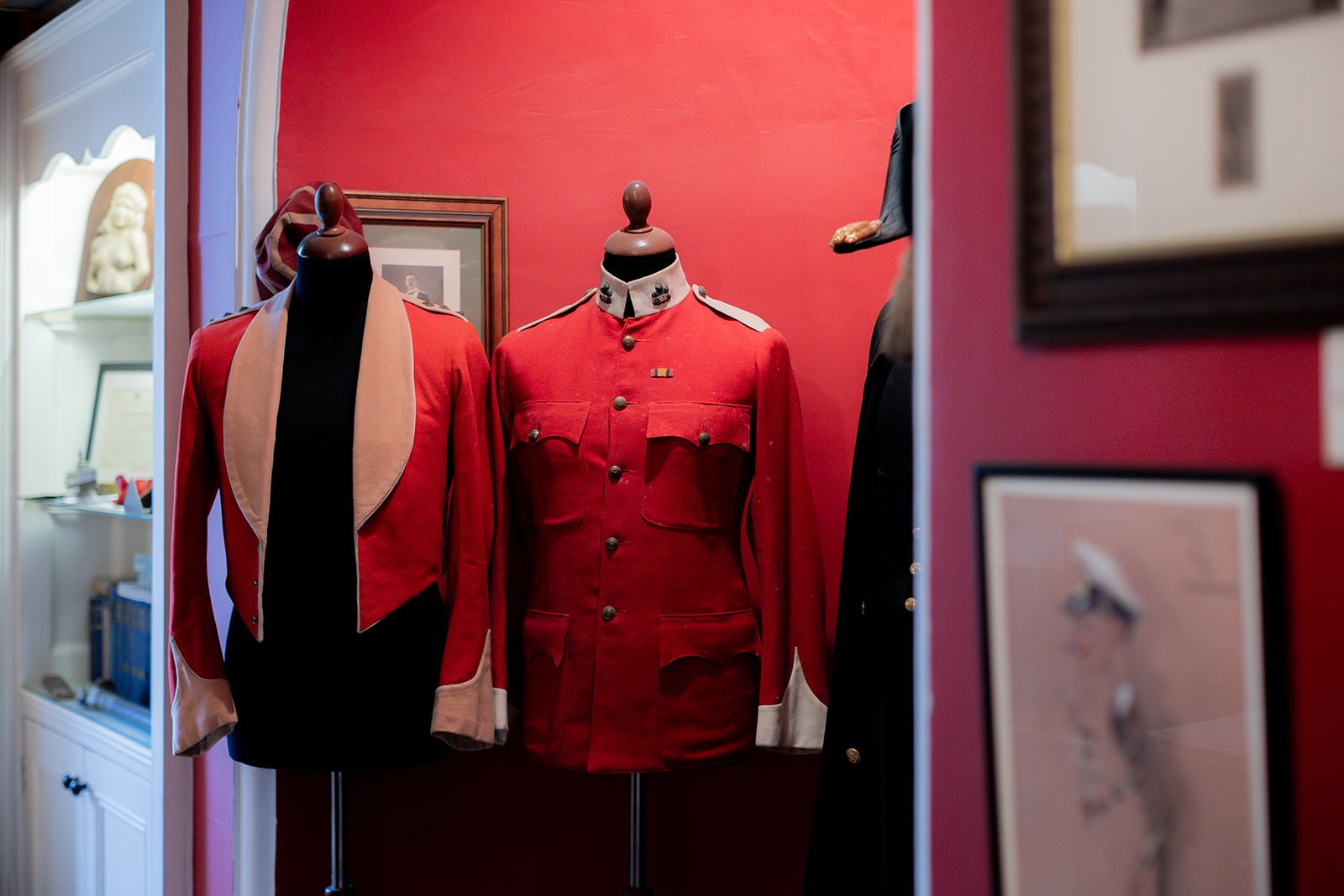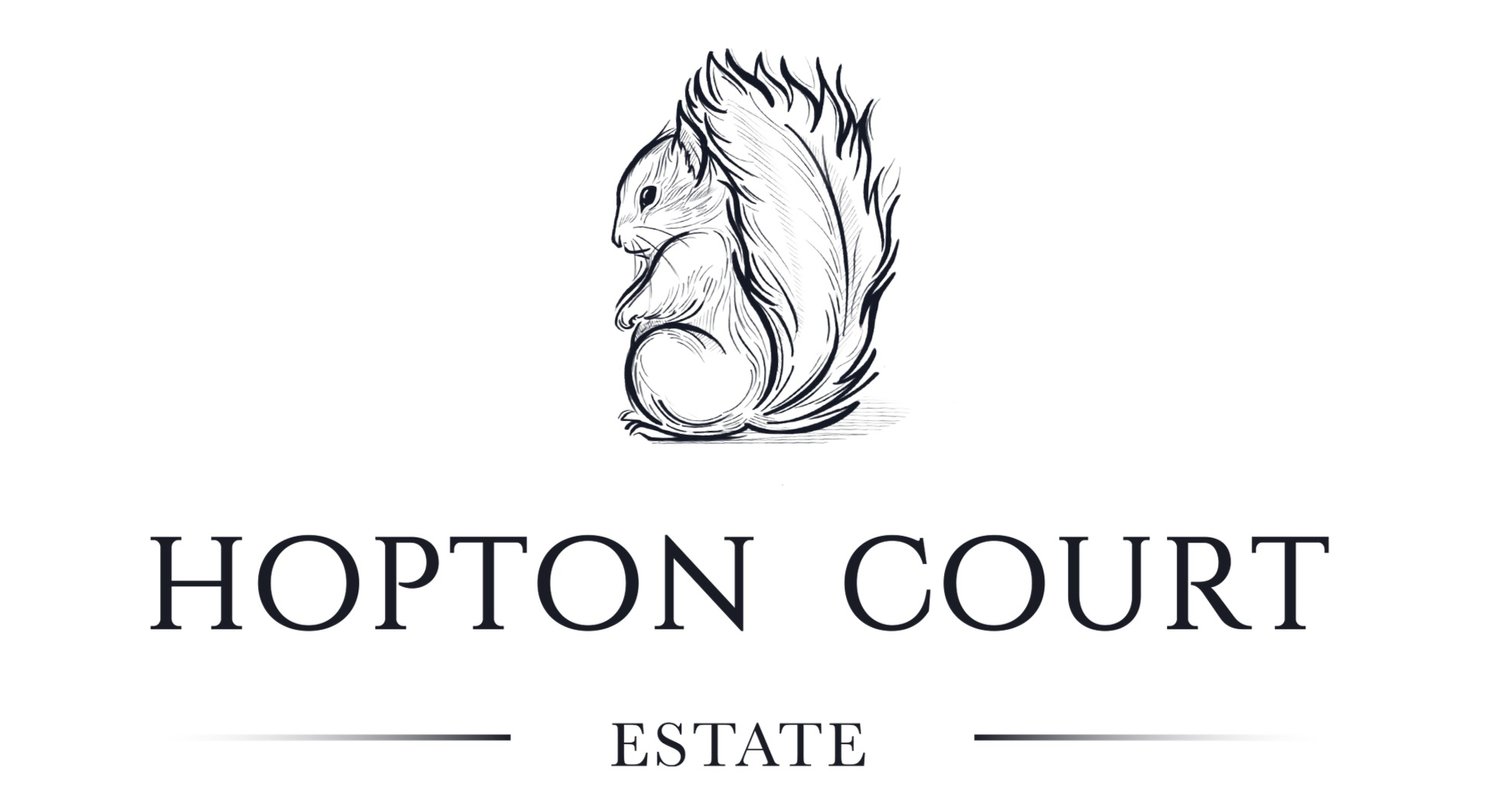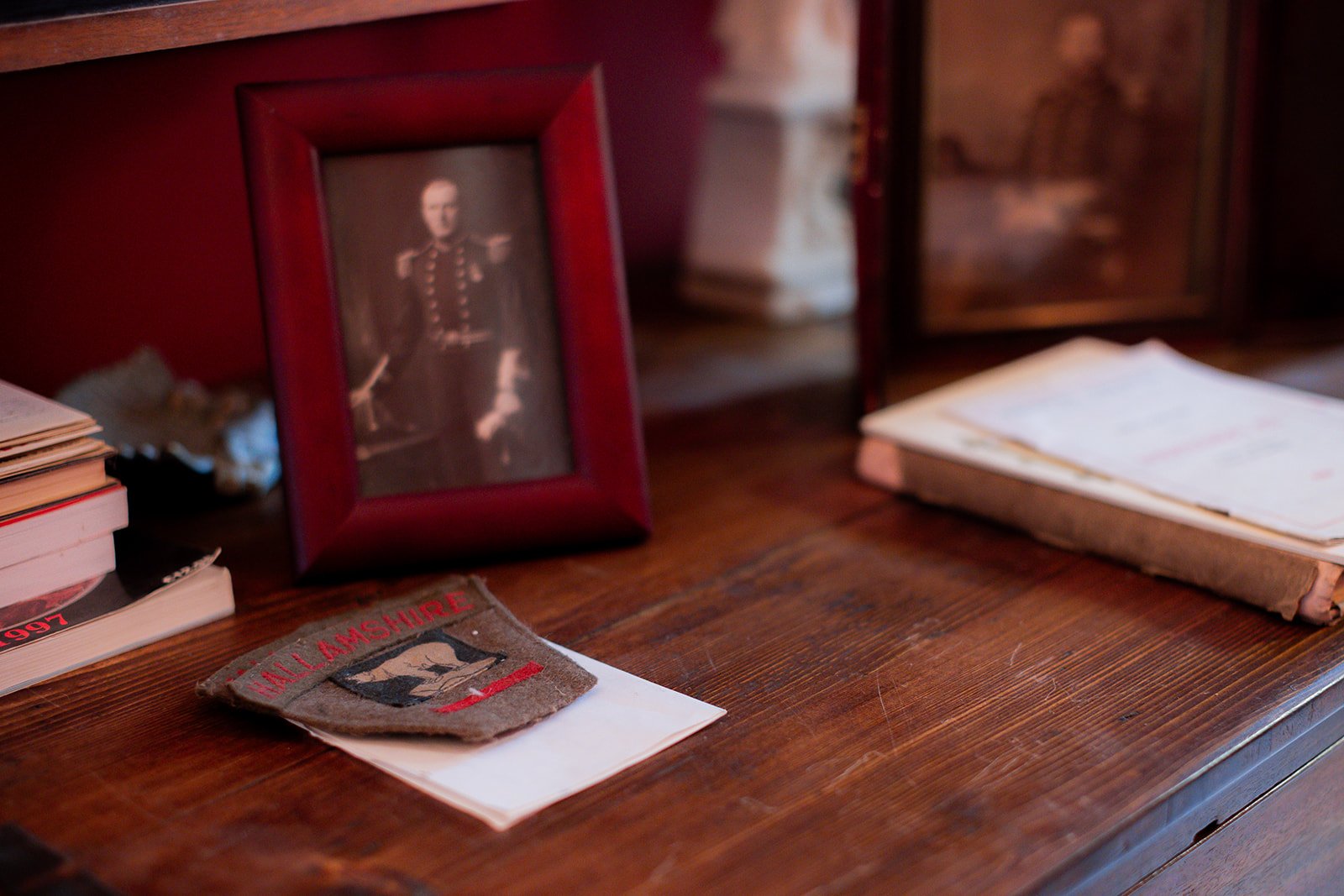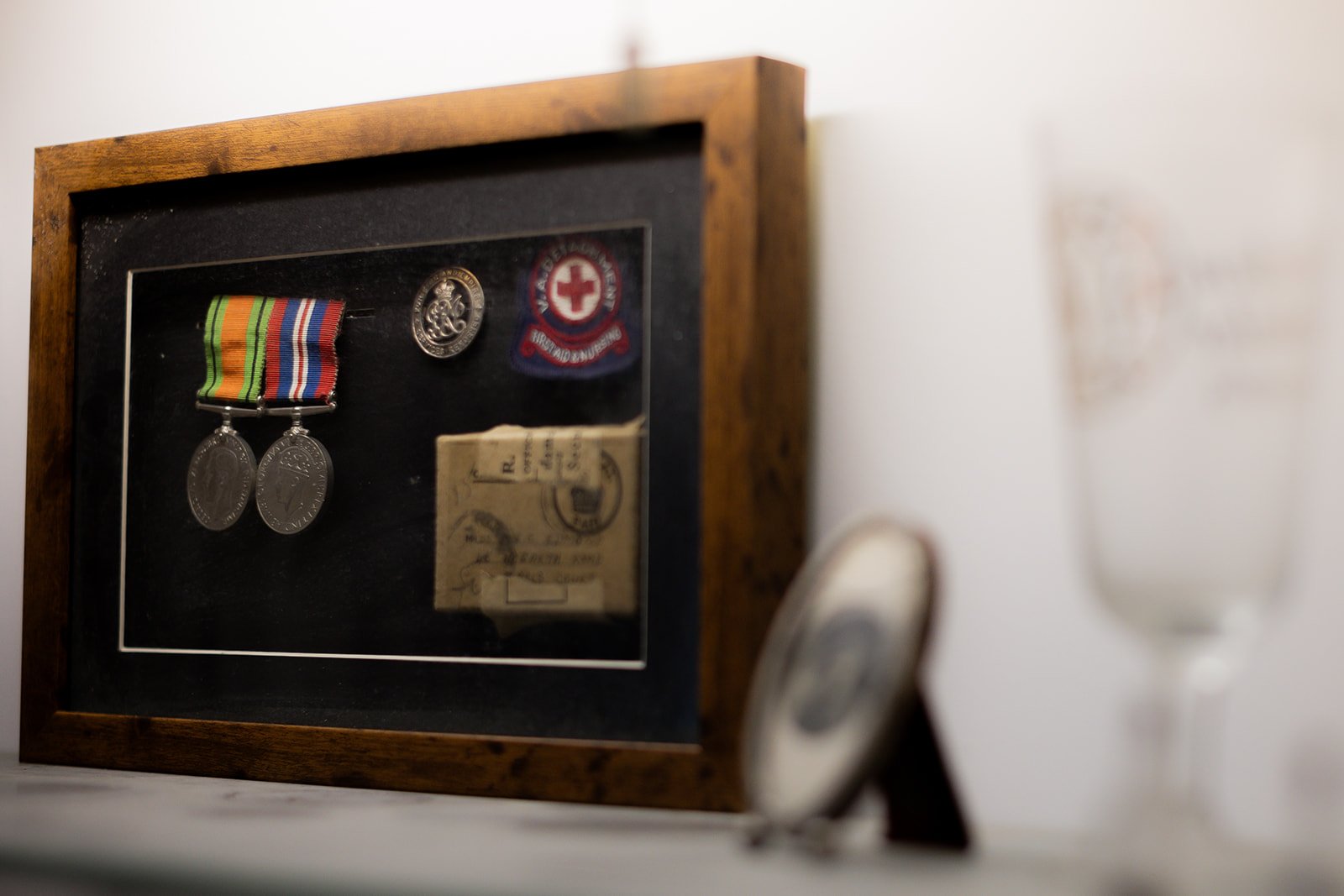
HOPTON COURT
HISTORY & CORE VALUES
The Hopton Court Estate was put together in the late 18th century by Thomas Botfield. It was passed to the Woodward family, who were related to the Botfield family, in 1863. The estate was comprised of land of various qualities, some arable, some pasture and marginal land pasture and woodland. As well as this, there was a large part of the historic Titterstone Clee Hill, which is still owned by the Woodward family on which is now situated, the conspicuous Radar Station.
Like many estates set up in those days, there always was a philanthropic aspect established by the owners throughout their tenure. Estates such as Hopton not only gave employment locally, either working on the land or in domestic situations, but also contributed much to the communities from which the local people came. Over the years two churches, St Michael and all Angels in Hopton Wafers, St Giles in Farlow, Hopton Wafers Village Hall, Doddington Village Hall and two schools, Hopton Wafers and Farlow, have been provided by the Botfield and Woodward families. Apart from Hopton Wafers School, all are still functioning. At that time, even relatively well-off rural societies had areas of extreme poverty and owners of County Estates felt the need to alleviate this as much as possible.
Hopton Wafers School, was closed in 2012 and reverted to the ownership of the present incumbent, Christopher Woodward. This was set up as The Woodward Educational Trust, which is designed to give bursaries and grants, and help to people within the community, who need a leg up in life and to assist young people to realise their ambitions.
Like most Country Estates, Hopton has had its fair share of ups and downs, but fundamentally it has always been the intention of the owners to hand on the estate to the following generation. Generally speaking, the owner of Estates, such as Hopton is really no more than a life tenant who preserves whatever they can, and maintain the whole ethos of ownership of such an asset, giving employment and contributing to charitable works. Like many other Estates, Hopton has seen difficult circumstances. In particular, two world wars and death duties which have detracted from the ability to be able to run the estate as a viable business. Because the Woodwards tended to come from military backgrounds, there were times when their presence was not available, having a detrimental effect overall.
Coming up to modern times it has been imperative, in order to keep the Estate viable, to diversify into activities which are not essentially either agricultural or silvicultural. This, like in times past, gives employment in what is still essentially a rural economy, and also brings pleasure to the owners in being able to share the things that Hopton has to offer. For ecological reasons, there are many restrictions on what owners of Country Estates can do without the essential permissions. However, despite the need to ‘comply’, the balance of nature and preservation of the natural beauty of the Estate in its rural setting, would always be paramount in any planning of the running of ‘the business’, just as it has always been.
The planting of trees is no new thing for Hopton. Many acres of trees have been planted over the years and new plantations established. This has been the case particularly immediately after World War II, when the then owner, Major PRE Woodward came out of the army. At that time the woodlands were hugely depleted because of the call for pit props during World War 1. The war effort relied on the production of coal, being the main source of fuel in those days.
Today, thousands of trees are being planted to replace those which have been harvested, and to bring up to date the requirement for species that are aesthetic rather than to fulfil a commercial need. Nearly all the pasture is in hand and is let for grass keep to regular tenants and some arable land remains rented to the family that has farmed it for three generations.
Everything is being put in place to ensure that the Hopton Court Estate will continue to flourish and contribute in every way, as it has in the past, to the community as a whole.







